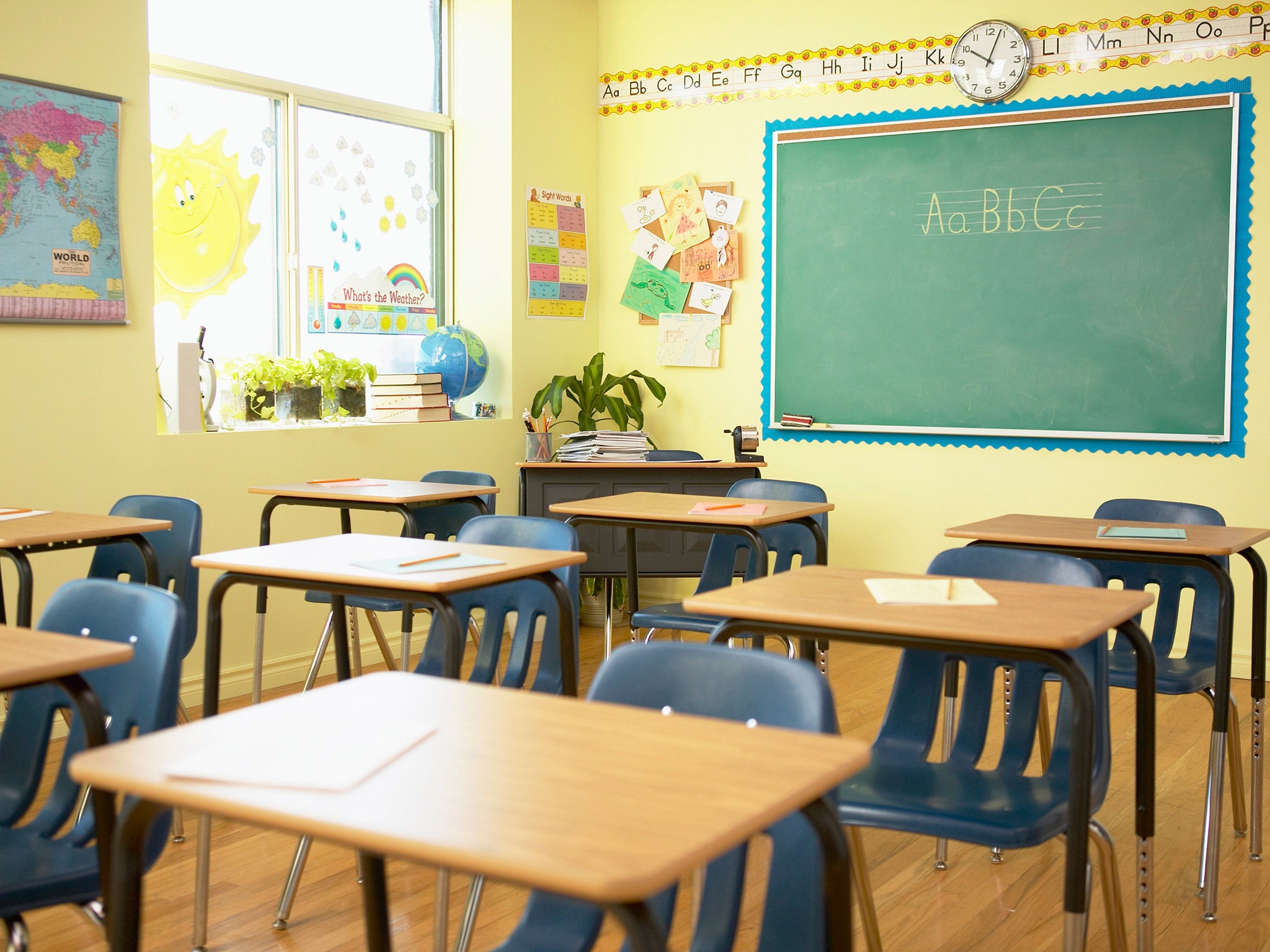English teenagers 'are most illiterate in the developed world', report reveals
English teenagers ranked bottom of 23-strong table for literacy

Your support helps us to tell the story
From reproductive rights to climate change to Big Tech, The Independent is on the ground when the story is developing. Whether it's investigating the financials of Elon Musk's pro-Trump PAC or producing our latest documentary, 'The A Word', which shines a light on the American women fighting for reproductive rights, we know how important it is to parse out the facts from the messaging.
At such a critical moment in US history, we need reporters on the ground. Your donation allows us to keep sending journalists to speak to both sides of the story.
The Independent is trusted by Americans across the entire political spectrum. And unlike many other quality news outlets, we choose not to lock Americans out of our reporting and analysis with paywalls. We believe quality journalism should be available to everyone, paid for by those who can afford it.
Your support makes all the difference.English teenagers are among some of the least educated in the developed world, a report reveals.
Young people aged between 16 and 19 have been found to possess only a “basic” grasp of maths and English, with nine million people of working age having low literacy or numeracy skills.
The report, conducted by the OECD (the Operation for Economic Co-Operation and Development) found that out of 23 developed nations, English teens had the lowest literacy rates and the second to lowest numeracy rates.
The report summarised that one in five young university students could manage basic tasks but might struggle with anything advanced, like reading instructions on an aspirin bottle.
It concluded: "university teaching gives limited attention to low levels of literacy and numeracy. Graduates with low basic skills gain modest returns from their qualifications and will often not be able to repay their student debts. England has a large university system relative to a poorly skilled pool of potential entrants."
Based on 2012 data, the report acknowledged that conditions were likely to improve with Michael Gove’s reforms to keep children in education until the age of 18. The reforms have introduced harder GCSES and some vocational subjects like the nail technician certificate have been ditched.
However, some critics have used this opportunity to call out the government, blaming the failure of educational policies for English children's illiteracy. Alan Smithers, director of the Centre for Education and Employment told The Times that education in England has been “blighted by the beliefs of progressive education. The older generation did English and maths in a formal way but progressive beliefs took over and the children's grasp of basic skills declined.”
A government spokesperson told The Mirror that "Good English and maths skills are essential to success in later life, and thanks to our reforms thousands more students are leaving education with these vital skills.”
South Korea came top of the list for both literacy and numeracy skills.
Join our commenting forum
Join thought-provoking conversations, follow other Independent readers and see their replies
Comments